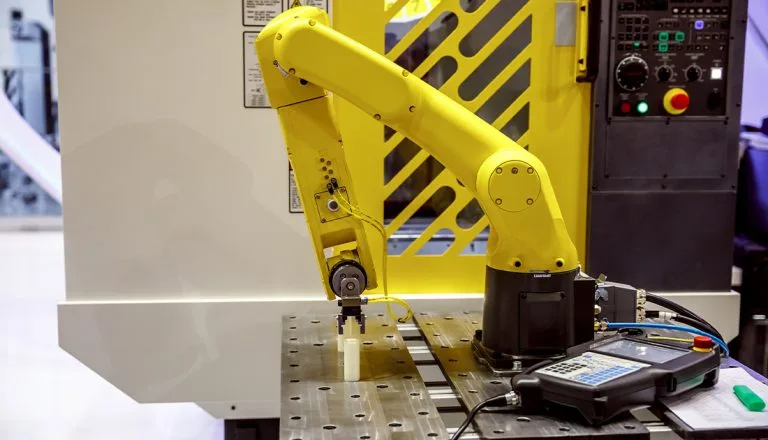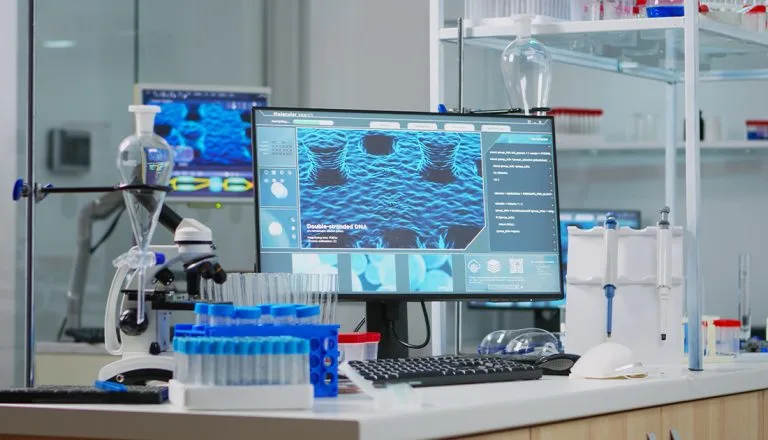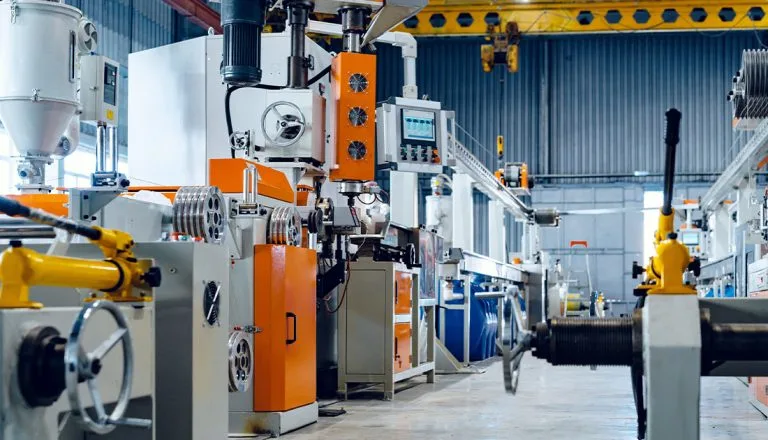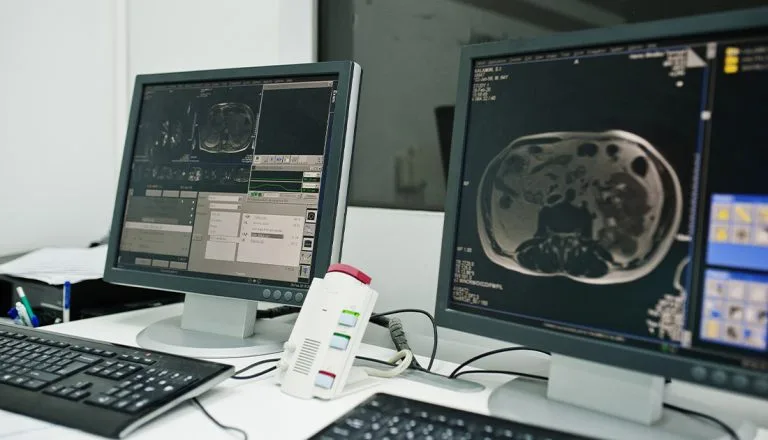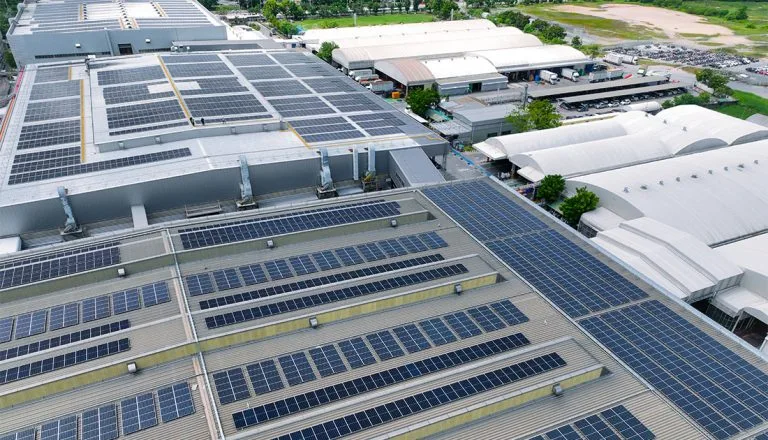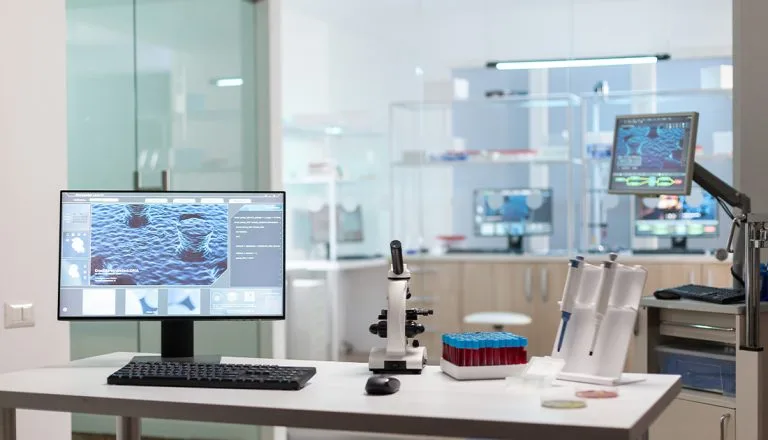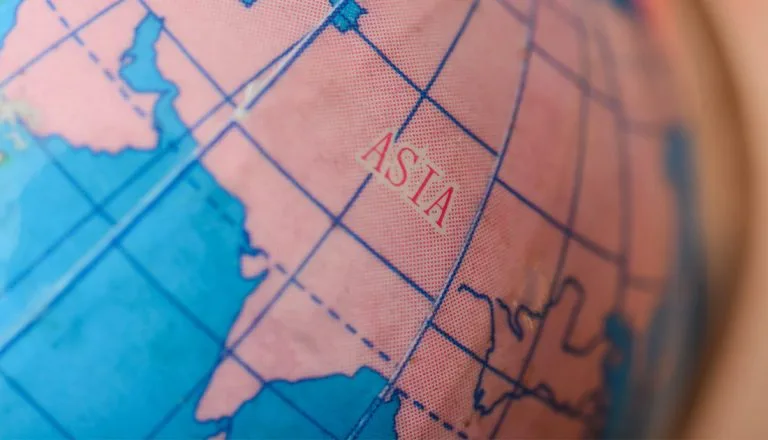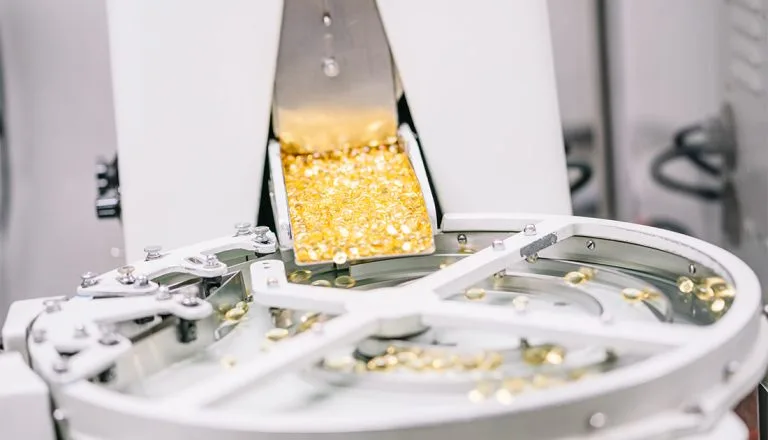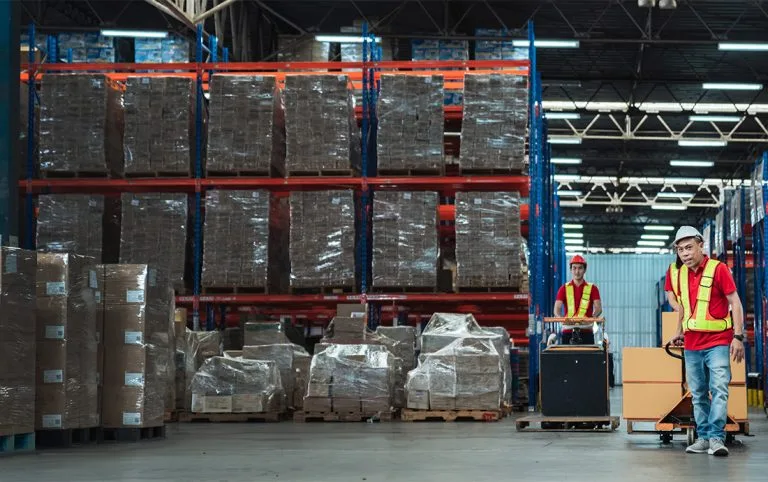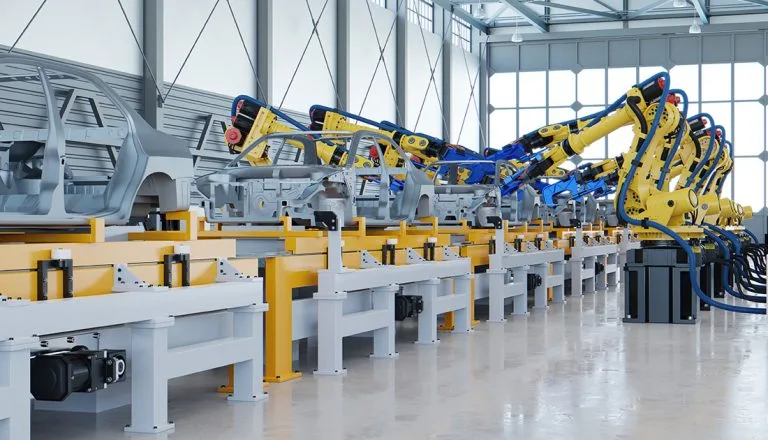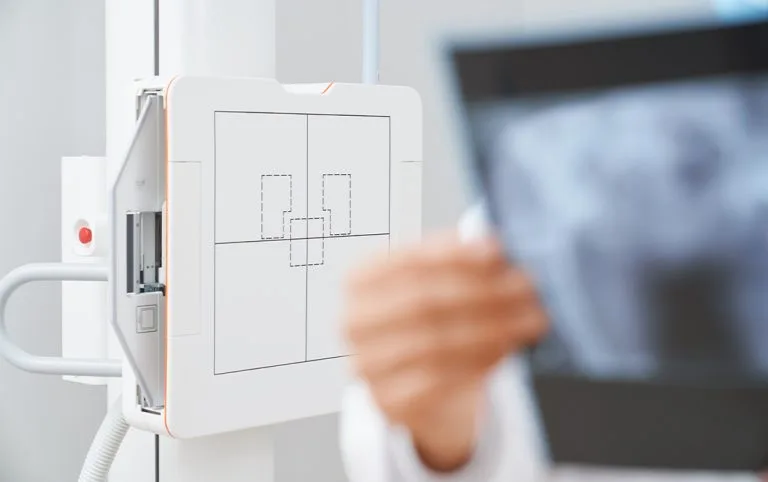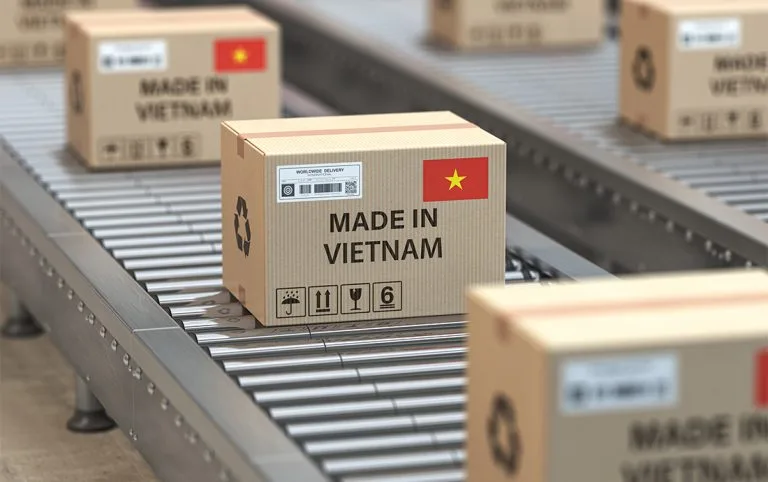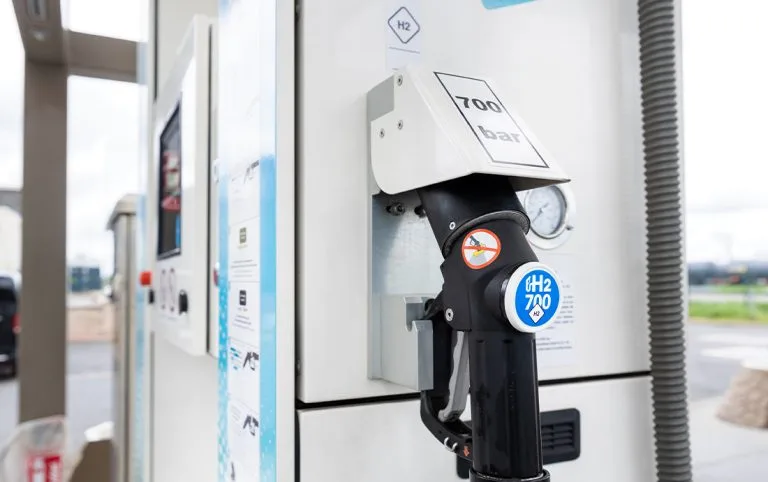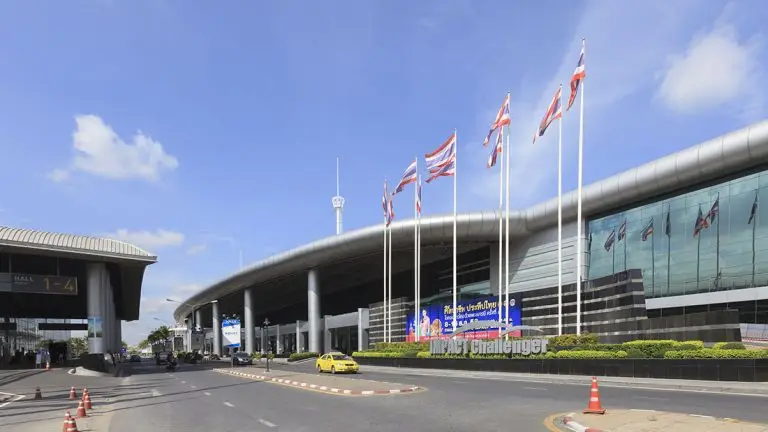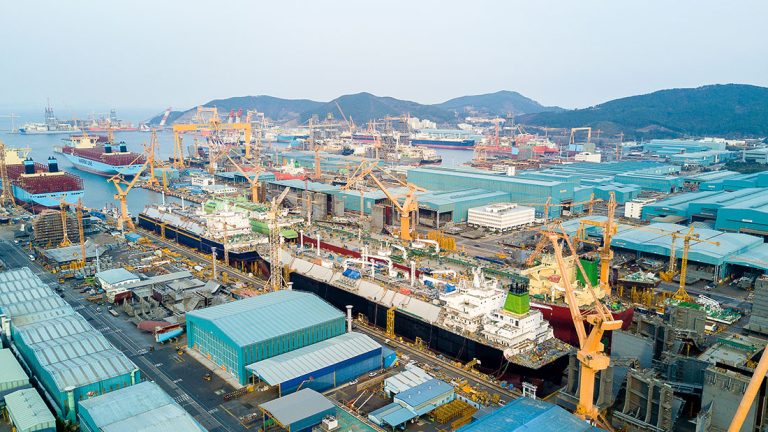- Taiwan sees investment and collaboration with foreign firms as critical to reaching its health tech goals
- Multinational organisations, including Google, Merck and Siemens Healthineers are among those actively working on health tech initiatives
- Challenges include some regulatory concerns and how Taiwan’s healthcare scheme will cover certain health tech tools
Taiwan believes foreign firms can help it take the lead in the health tech sector. While a pioneer in several innovations in the medical space, the industry has yet to reach its full potential, given existing strengths in both the medicine and ICT industries. Asian Insiders Managing Partner, Taiwan, Mika Sahlström, provides details on the opportunities available and what makes Taiwan appealing to foreign enterprises.
Healthcare is seeing rapid transformation with artificial intelligence (AI), big data, wearable devices and robotics among the technologies increasingly utilised. Cutting-edge innovations are not only shaping Taiwan’s medical sector but can also provide a springboard to Asia and beyond.
Among the lasting legacies of the COVID-19 pandemic in Taiwan was the precision health industry being named as one of the National Development Council’s six strategic industry priorities included in the 2030 strategy. The goal was to elevate medical care domestically while taking advantage of potential regional opportunities.
Reducing medical costs is crucial to Taiwan. Its universal healthcare programme, the National Health Insurance (NHI), currently spends more than USD11 billion on chronic diseases. The figure accounts for 40 percent of all healthcare expenditure. Innovations capable of improving detection and providing personalised treatments can lessen that total.
There is also a desire to leverage Taiwan’s existing strengths in information and communication technology (ICT) and manufacturing. This, in addition to a robust healthcare system and widespread data availability, creates the framework needed for a thriving health tech industry.
What Taiwan currently lacks are finished products capable of taking advantage of the foundation. A handful of overseas enterprises have found success in this area, but many opportunities remain available.
Taiwan seeks foreign firms to boost health tech ambitions
AI
Taiwan has a substantial amount of health data available for AI to use, putting it in an outstanding position to develop related innovations. Image analysis using AI is already being utilised, and there are attempts to expand these efforts. Additionally, disease diagnosis and treatment planning can be significantly improved upon. A number of AI-powered tools were rolled out during the pandemic to assist with various initiatives.
Not only has Taiwan implemented the AI Action Plan to support development and investment in various sectors, but it is out in front of research and development. The 2024 Global Clinical Artificial Intelligence Dashboard found Taiwan to have published the 10th most AI healthcare research papers globally.
Medical devices
Taiwan possesses all the necessary elements to play a vital role in the development and production of high-tech medical devices. It is well known for its capabilities in semiconductor and electronics manufacturing. Aligning with healthcare ambitions is seen as a natural fit. A few foreign companies have already begun producing advanced devices in Taiwan.
Smart hospitals
Smart hospitals are becoming more common in Taiwan. The next step is to integrate advanced technology and medical services into these facilities. That includes the above-mentioned AI tools and medical devices, along with remote monitoring technology and innovation capable of improving the patient experience.
Early movers
Health tech may still be a relatively new endeavour, but Taiwan has seen some promising collaborations and partnerships between local players and international entities. These show what is possible for others looking to enter the market.
Google made headlines when it announced a partnership with the Health Insurance Administration to create an AI diabetes risk management system. The hope is that the tool can predict potential complications based on diabetes-related symptoms and provide health management plans accordingly. Diabetes-related expenses are responsible for more than six percent of NHI spending.
Another interesting partnership involves Switzerland’s Roche, Germany’s Merck and Japan’s Chugai Pharmaceutical. The trio came together to ink an agreement with the National Health Research Institutes and the National Biobank Consortium of Taiwan that will see them build a platform capable of using data to provide precision treatments.
Siemens Healthineers joined forces with Taiwan-based Ever Fortune AI and Asia University Hospital to develop lung cancer screening technology that uses AI to reduce diagnosis times and improve detection accuracy. The innovation has since been taken overseas when Vietnam’s Hoa Lam Group agreed to use the diagnostic tool.
An example of the health and ICT industries coming together is UK-based GyroGear working with Foxconn to manufacture a wearable medical glove capable of controlling trembling hands caused by Parkinson’s Disease or essential tremors.
Know before you go
There are many benefits to entering Taiwan’s health tech industry. First, it is a promising sector where the prospect for long-term growth is strong. Second, domestic firms are eager to partner with overseas enterprises on projects, allowing each side to tap into their strengths.
Taiwan maintains a favourable investment environment that welcomes foreign companies. A strategic location, as well as connections to many other Asian markets, make it an option for regional expansion.
That being said, there are a few things those considering entrance must consider. Taiwan has created supportive policies related to health tech. Yet, regulatory restrictions and a lack of clarity in some areas can cause concern. It also remains to be seen how new products and services will be covered under the NHI.
Working with a market entrance specialist, such as Asian Insiders, is the best way to navigate potential obstacles and identify opportunities in Taiwan, including partner matching and sales channel development. Our team has extensive experience in the industry and can place your organisation on the road to success.
Health technology is a significant sector in Taiwan and one expected to grow. Acting now can place your organisation in a position to succeed today while offering the potential for further Asian expansion down the road.
For further details on the opportunities available in Taiwan for foreign firms in health tech, please get in touch with Mika Sahlström, Managing Partner, Taiwan: mika.sahlstrom(at)asianinsiders.com or Jari Hietala, Managing Partner: jari.hietala(at)asianinsiders.com.


